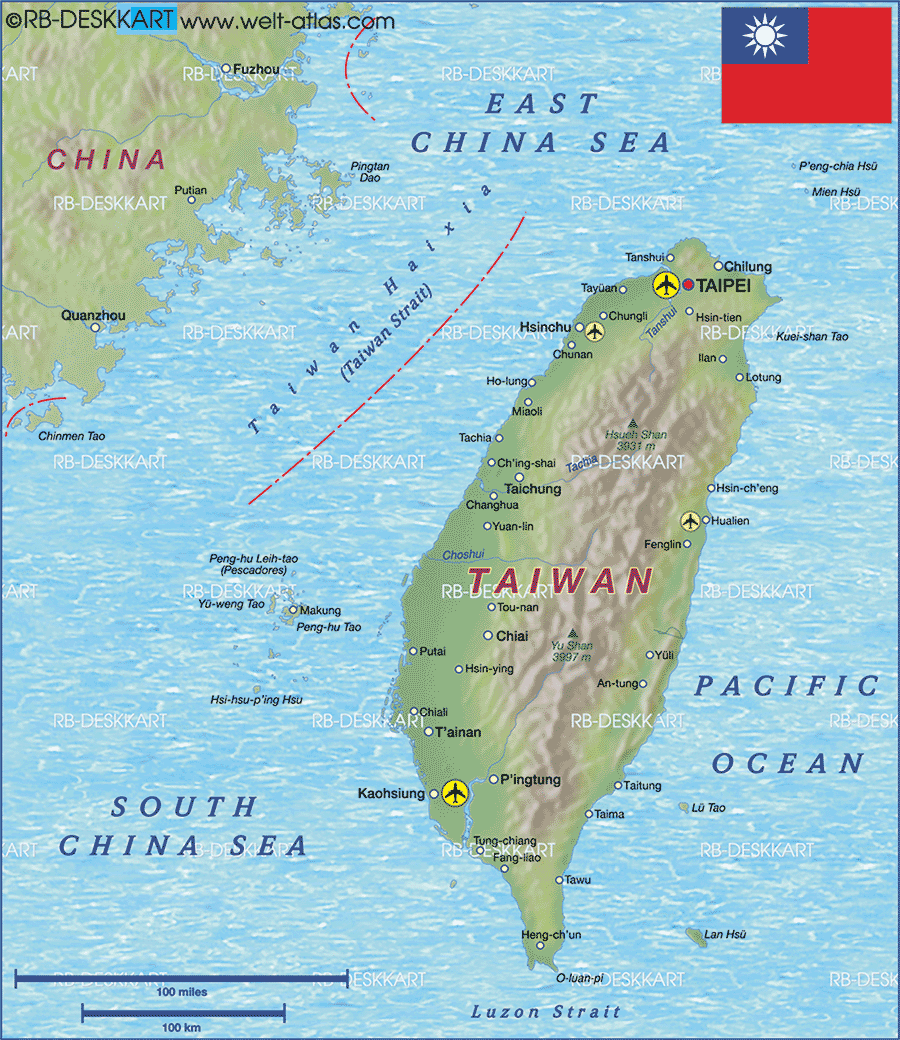Modern China's Unfinished Business
I think that if you understand China’s past, it will be easier to understand present-day China, so I have decided to add some Chinese history snippets to the blog in a similar manner as I did in the book.
In Chapter Two of 'No Problem, Mr. Walt' I wrote, "I think it is safe to say that the average American may suffer a bit of historical amnesia regarding China’s recent history. Therefore, I have decided to start in the next chapter with the last Emperor Pu Yi in the early 1900's, and present the reader with a brief history up to today...
These bits of history will be presented at the beginning of each chapter. If you understand China’s recent past, it will be easier to understand references to history in the story, and easier to understand present-day China.”
Toward the end of the book, in Chapter 38, I included a brief account of recent modern Chinese history entitled: "China in the Twenty First Century - Hu to Xi".

Part of that chapter's history snippet takes place in late 2012 when Hu Jintao had just stepped down and Xi Jinping became the new General Secretary of the CPC Central Committee and Chairman of the Central Military Commission (CMC).
So now, I will pick up in 2013 when Mr. Xi, new to his post, suggested that China’s patience regarding Taiwan was growing thin.
Why is China’s patience growing thin? Well, I will tell you as simply as I can with an elephant in the room.
China sees Taiwan as unfinished business. That is, when the Chinese civil war ended, the defeated Kuomintang (KMT) fled to Taiwan in 1949 with aid and support by the U.S. and the rift has never been settled.
Mr. Xi is, I believe, the fifth generation of China’s leadership to address this situation and face trying to “reunify” Taiwan with the mainland. I would guess Mr. Xi is the most powerful leader in China since the days of Deng Xiaoping, and with a country that is stronger than it has been in centuries; it is still unclear what Mr. Xi will do about trying to “reunify” Taiwan with China. There are certainly economic reasons for wanting to do so, but how is the question.

One reason this is such a difficult task is because the U.S. continues to sell arms to the Taiwanese government (latest sale was $1.8 billion). Long before 1949, (and every year since) the U.S. government has spent a massive amount of money in support of the ousted KMT. On my visits, Chinese people would often ask, “Why does your country sell airplanes to Taiwan?” In response I'd reply, “It creates a lot of jobs” and I still think that is a primary reason. However, I note that the jets the U.S. sold to Taiwan back when I was there last are now obsolete.
So, like the British returning Hong Kong to the Chinese, is it time for the U.S. government to step up and help Mr. Xi settle the “reunification” problem peacefully? We certainly can’t go to war with China over Taiwan if Mr. Xi says 67 years is long enough to wait. I think the Chinese have been patient over this matter. Do you think Mr. Xi wants to pass this problem on to the next generation of leadership? I don’t, but we will have to see what his next move is on the matter.
I plan on continuing my history snippets on a regular basis. So come back and visit again!

























